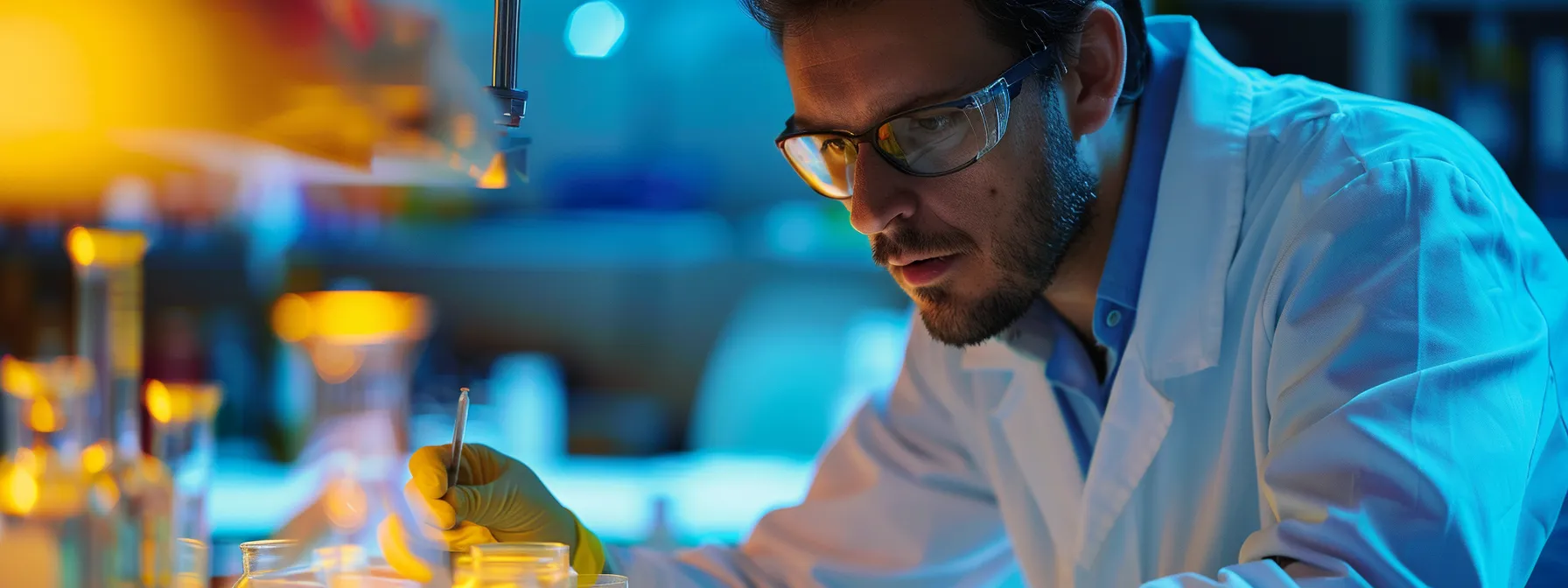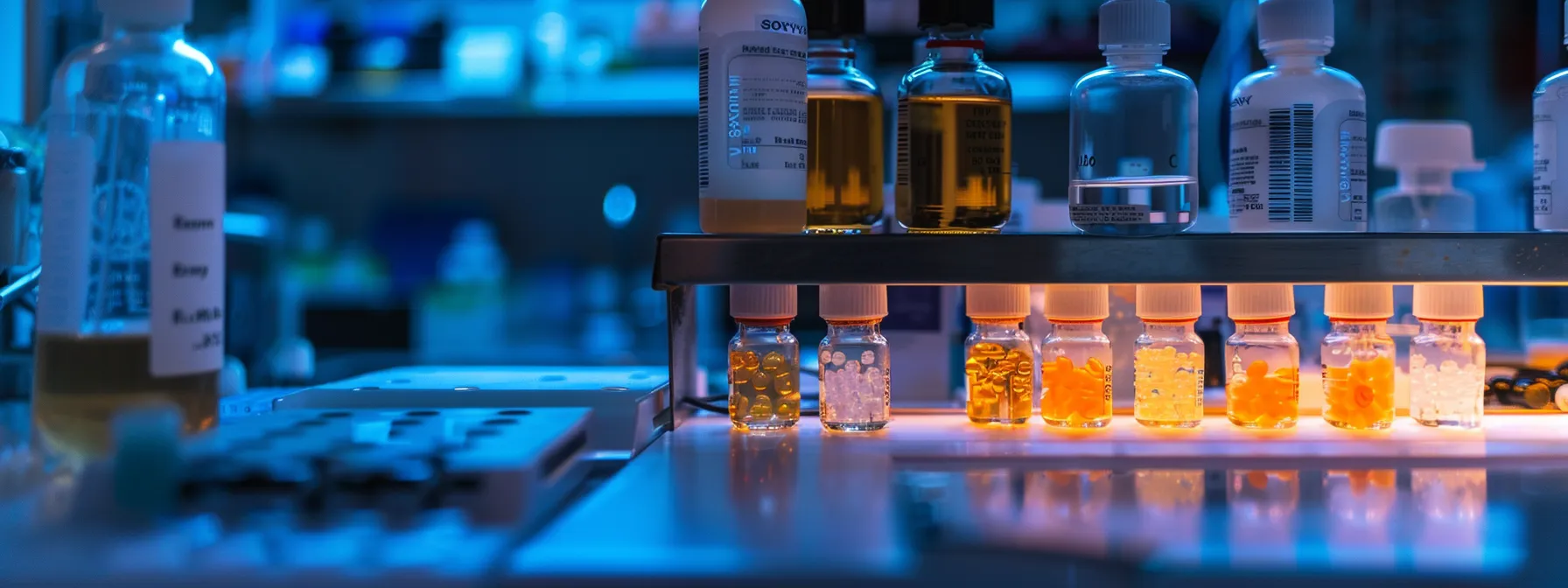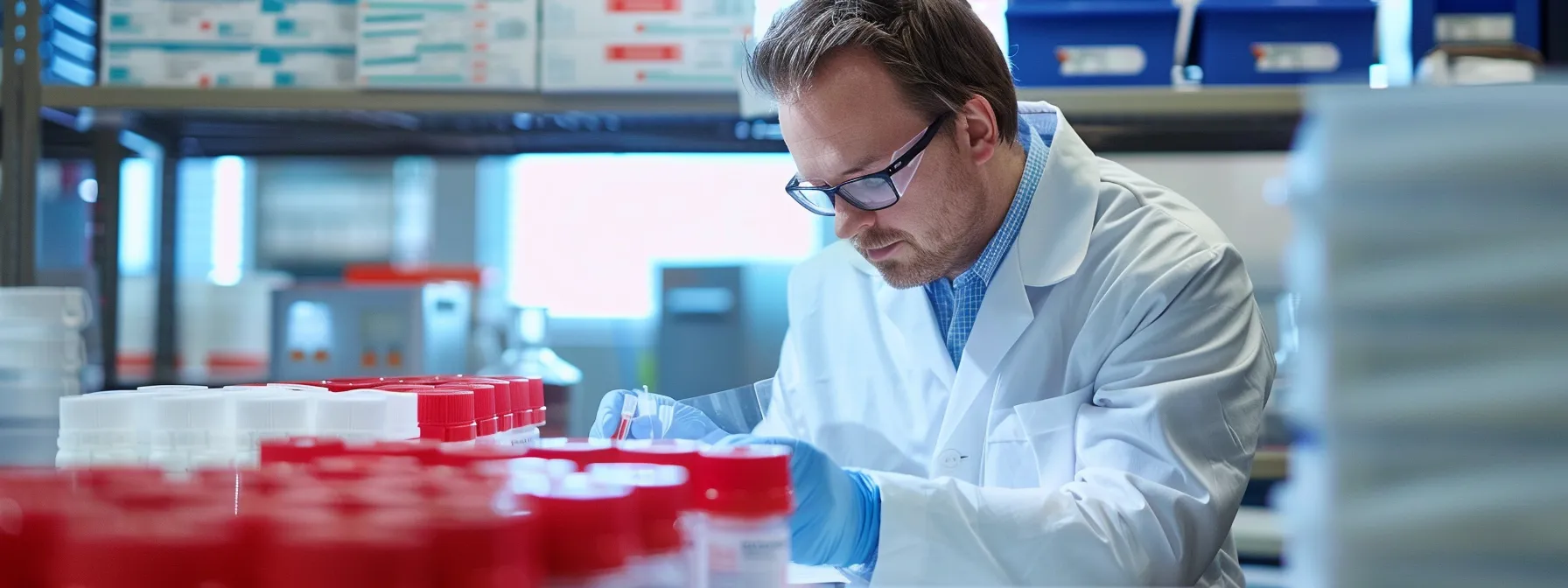Unlocking the Potential of Research Peptides: Sourcing Quality Products
In the rapidly progressing world of biotechnology and pharmaceutical research, peptides play a pivotal role as tools for understanding bodily processes and developing new therapeutics. These small chains of amino acids are employed in a variety of scientific studies to investigate molecular interactions, disease mechanisms, and pave the way for innovative treatments. However, sourcing these research peptides with high purity and efficacy is a fundamental concern for researchers and scientists. Keep reading to uncover essential insights that can elevate your scientific investigations.
Strategies for Sourcing High-Quality Research Peptides

The quest for quality peptides begins with identifying reliable suppliers. Renowned suppliers typically invest in advanced synthesis technologies and rigorous quality assurance programs. It is essential to evaluate providers based on their transparency regarding production processes and peptide validation.
One sophisticated strategy is to source peptides from specialty providers who focus on custom synthesis. These suppliers can offer tailored solutions to fit the specific needs of a research study, along with expert consultation on peptide design and application. It’s also beneficial to engage with suppliers who have a robust scientific background and can offer technical support.
Importantly, in an era of convenient digital access, research peptides for sale online are a click away. However, due diligence is required to sift through numerous online vendors to distinguish authentic, high-grade peptides from the proliferation of inferior products.
Criteria for Evaluating the Purity and Efficacy of Research Peptides

The purity of research peptides is a critical factor in experimental outcomes. Impurities can lead to ambiguous or faulty data, making reproducibility and accuracy of the research a challenge. Hence, a fundamental criterion for assessing peptides is their purity level, which should ideally be above 98% for most research applications.
Efficacy, on the other hand, depends on the biological activity of the peptide. It should closely mimic the natural peptide it represents to elicit a physiologically relevant response in vitro or in vivo. Reliable suppliers will often provide detailed certificates of analysis that enumerate purity, efficacy, sequence, and other qualities of the peptides they sell.
Another criterion is the stability of the peptides. Proper synthesis and storage conditions are crucial in maintaining peptide integrity. Degradation can occur due to improper handling, incorrect temperature settings, or prolonged exposure to the environment, thereby skewing experimental results.
Navigating the Regulatory Landscape When Purchasing Research Peptides

Familiarity with the regulatory environment surrounding research peptides is imperative for legal and ethical compliance. Different countries have distinct rules regarding the acquisition and use of peptides, which are largely influenced by whether the peptides are intended for research or therapeutic use.
For example, in the United States, research peptides are regulated by the Food and Drug Administration (FDA) and are required to be sold for laboratory research purposes only. Purchasers must often affirm that the peptides will not be used for human consumption, which is a standard stipulation in the peptide marketplace.
Regulations also pertain to the importation of peptides, with customs laws varying widely from one nation to another. Scientists should verify whether any permits or declarations are needed to avoid delays in receiving their peptides. It’s prudent to work with suppliers who are well-versed in facilitating international shipments under these regulatory frameworks.
Leveraging Supplier Reputation and Reviews in Selecting Peptides

One of the most effective means of assessing a peptide supplier is through the evaluation of their market reputation and reviews from previous customers. An exemplary reputation is often indicative of the supplier’s commitment to quality and customer satisfaction.
Purchasers should look for testimonials, peer reviews, and published research that have used a supplier’s peptides, all of which provide insights into the provider’s reliability. Websites and forums that serve scientific communities can also be treasure troves of user-generated feedback and supplier assessments.
Further, a supplier’s readiness to share detailed product information and provide certificates of analysis speaks volumes about their transparency and confidence in their products. Reputable suppliers will have no qualms about disclosing production methodologies, storage protocols, and quality testing results.
Overall, the rigorous sourcing of research peptides is foundational to the success of scientific studies. By understanding the role of these compounds, evaluating their purity, carefully selecting suppliers, adhering to regulations, and leveraging reputation and reviews, researchers can procure peptides that enhance the credibility and impact of their work. Altogether, this comprehensive approach supports breakthroughs in biotechnology and medicine that could shape the future of healthcare.











